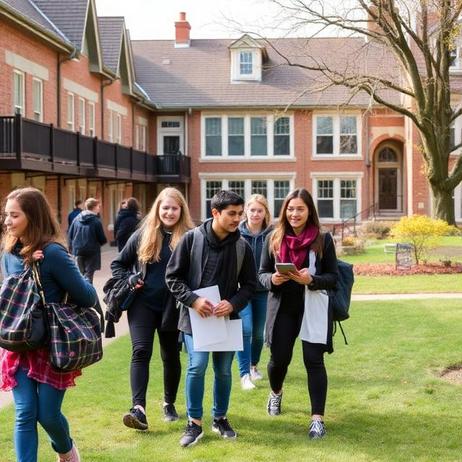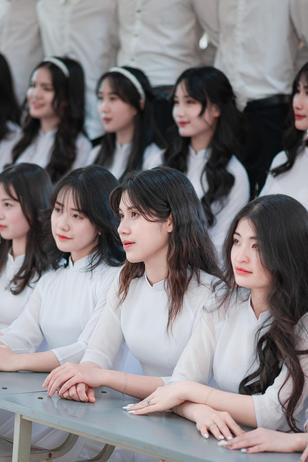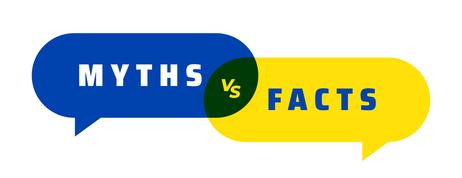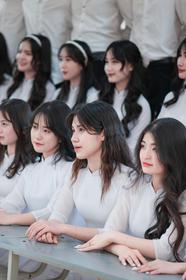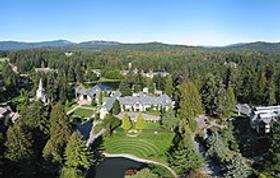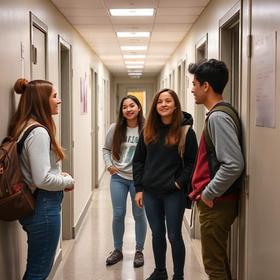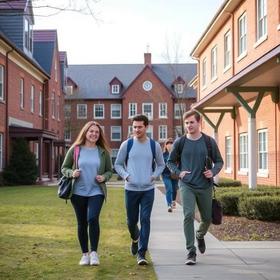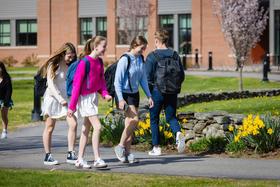What It Is Like at Boarding School: 2026 Guide for Parents & Students
Boarding school continues to be a transformative educational experience for many students. This 2026 update of What It Is Like at Boarding School offers parents, students, and educators fresh insights into academic life, residential culture, costs, outcomes, and emerging trends. We maintain the original structure while integrating the latest data, expert perspectives, and real-world examples to help families make informed decisions about residential education.
What Is Boarding School?
Boarding school is a residential educational model where students live on campus during the academic year. Beyond classroom instruction, students engage in structured evenings, weekends, extracurriculars, and community life. Boarding schools exist around the world and vary widely in size, mission, curriculum focus, and culture.
In 2025, U.S. boarding schools remained a niche within private education, with around 279 major college-prep and junior boarding schools in the U.S. and Canada serving more than 108,900 students, many drawn by academic reputation, global diversity, and residential programs.
Academic Life and Intellectual Culture
Rigorous Coursework
Boarding schools are known for academically rich environments. Students have access to advanced coursework, including Advanced Placement (AP), International Baccalaureate (IB), and interdisciplinary capstone projects. Schools supplement classroom work with evening study halls, tutoring, labs, and faculty mentoring.
Personalized Learning
Small class sizes and low student-teacher ratios enable tailored instruction and academic support. Many boarding schools now integrate technology, project-based learning, and AI-supported tools

